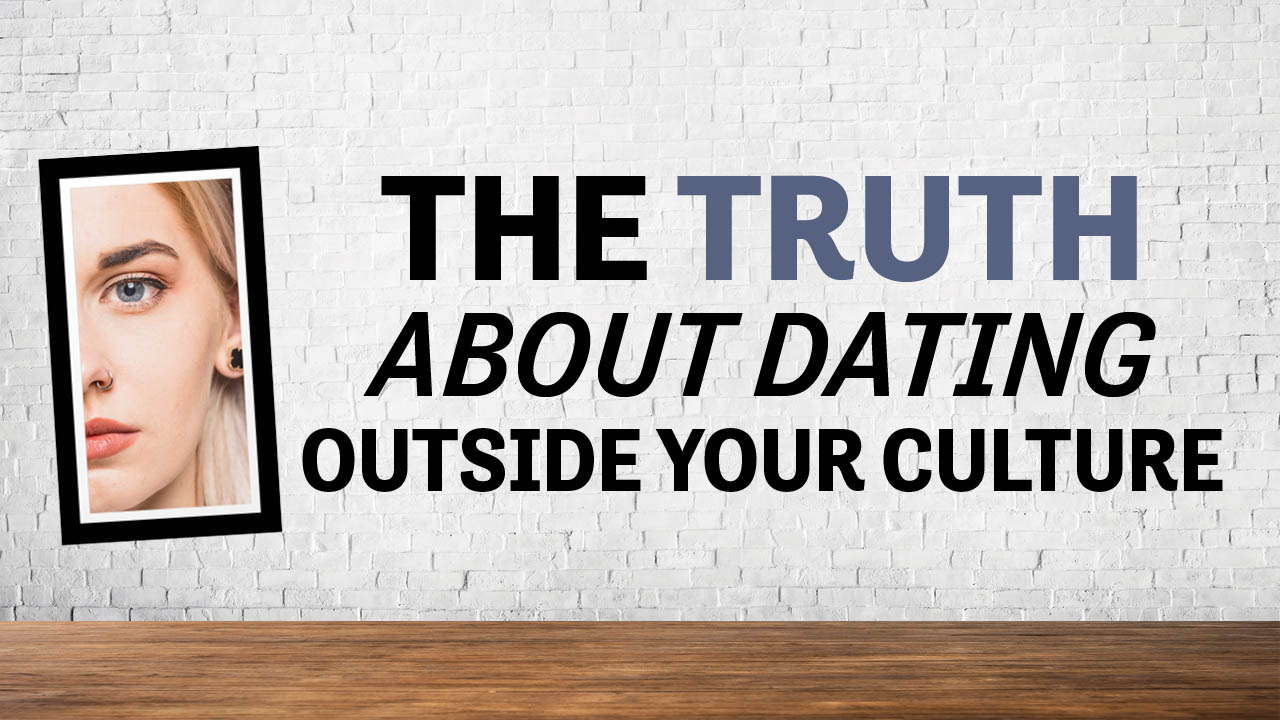The truth about dating outside your culture
 CREDIT: FSU PUBLICATIONS AND COMMUNICATIONS DEPARTMENT
CREDIT: FSU PUBLICATIONS AND COMMUNICATIONS DEPARTMENTIn Canada, which is easily one of the most multicultural countries in the world, intercultural dating is bound to occur. Whilst this is not an unknown fact, the question is, how do individuals navigate intercultural dating in a country where it is so prominent?
At a college or university level, it’s not uncommon to see young couples who are from different backgrounds and cultures. Dating someone that has a different lifestyle can create a feeling of excitement.
Registered Psychotherapist and Founder of Be Well Therapy Studio, Nicole Lobo, expressed that one of the advantages that comes from intercultural dating is the “idea of learning about a different culture and/or a different religion then you’re used to.”
Lobo shared that she’s in an intercultural relationship herself and that she has the opportunity to celebrate holidays that she might not have before.
Similarly, Registered Psychotherapist, Yasmin Dahleh said that “an intercultural relationship can help people grow and expand their mind in ways that dating someone from your own culture doesn’t really do.”
Students who live in Canada have the opportunity to widen their dating pool past their own culture. Canadim highlighted that there were 807,750 international students last year that held valid study permits for Canada. A high rate like this gives students a chance to connect with others from all around the world.
Although dating interculturally has its advantages, there are a few hurdles that can come from it.
“You’re going to find racism in a lot of people’s minds,” said Registered Therapist, Jennifer Schofield. “It is across cultures, who have prejudgment and misgivings about someone of a culture different than their own.”
The raw truth about intercultural relationships is that not everyone will be accepting of another person’s culture which can cause tension. Additionally, Schofield said that some parents don’t approve of the relationship and may not even attend the wedding.
However, she added that “it is not uncommon that families come back later on in life when they soften a bit on their position.”
Dahleh recognized that another challenge is the possibility of an individual losing themselves in an intercultural relationship by having to “adapt.”
“This will happen very often and it’s certainly something to be mindful of,” Dahleh said. “It’s on both partners to be aware of that and consider that. It’s the values of respect, openness, open communication and just listening to each other’s perspectives.”
There is also the question of “The Future.“ When taking into consideration the future, an intercultural couple has to think about milestones to see what celebrations might look like. Couples dating outside of their culture will recognize that holidays, weddings and other special events won’t look like what they are used to. Whether that is completely diving into a new culture altogether or incorporating each other’s traditions/rituals, events in the future won’t be the same.
In the same context, Lobo acknowledged that these changes can bring about an expanded worldview, especially in raising children.
Relationship struggles can look different for everyone. However, in an intercultural relationship, patience may be an area that both people in the relationship need to pay attention to.
Registered Social Worker, Eden Martin, advised students to follow a researcher by the name of John Gottman who “has a wonderful website with a lot of tips and strategies.”
“Really try to reflect on one’s cultural perspective and really examine your own kind of cultural biases,” Martin stressed.
These four therapy experts have experiences with clients who have faced struggles dealing with other cultures, been through relationships that were outside of their own culture, or both. That said, there was a mutual understanding on how important it is for students to understand what it truly means to be in an intercultural relationship.
“I’d like to see students have education about boundaries, how to develop the friendship aspect of it first, and how to do each step in it,” said Schofield. “There are skills that you can learn like assertiveness and boundaries, and how to communicate when something goes wrong, as well as how to regulate your own emotional reactions.”
Schofield also said that she believes that dating in general needs more attention for students, not just dating outside your culture.















